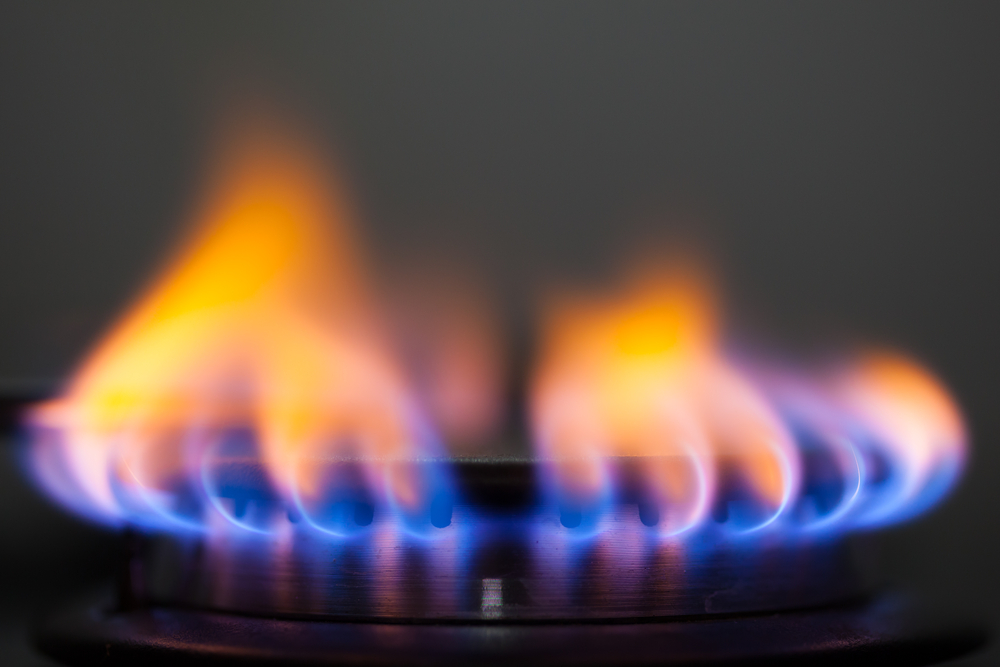Household Bills
Thousands threaten to cancel soaring energy direct debits: What are the consequences?

More than 70,000 people have pledged to cancel their energy bill direct debits from 1 October when the energy price cap is expected to soar to £3,359 a year for the average household.
DontPayUK, a recently established anonymous campaign group, is urging anyone struggling to afford sky high energy bills to sign up to its campaign demanding “a reduction of bills to an affordable level”.
Its website stated: “Millions of us won’t be able to afford food and bills this winter. We cannot afford to let that happen. We will cancel our direct debits from Oct if we are ignored.”
Energy regulator Ofgem is set to announce the enormous jump in the energy price cap this month for the start of October from £1,971 currently to almost triple the amount paid by the average UK household in January this year.
This morning Ofgem announced that from January 2023 it will update the energy price cap every three months instead of every six, in response to rapidly rising and increasingly volatile wholesale energy costs.
Oil and gas prices have shot up this year after Russia’s invasion of Ukraine led to severely restricted supplies, sending household bills through the roof along with energy companies’ profits.
Last week British Gas owner Centrica reported a £1.3bn profit, five times the £262m reported for the same period last year.
Shell reported a £7.2bn profit while BP posted its highest quarterly profit in 14 years, making £6.9bn between March and June this year.
According to the latest energy price cap predictions by consultancy Cornwall Insight, the average energy bill for Q4 2022 will rise to £3,359, while from January 2023, it is expected to reach £3,616, with energy bills remaining above £3,000 a year until at least 2024, it said.
Pledge not to pay
DontPayUK, said: “We are demanding a reduction of energy bills to an affordable level. Our leverage is that we will gather a million people to pledge not to pay if the government goes ahead with another massive hike on 1 October.
“Mass non-payment is not a new idea, it happened in the UK in the late 80s and 90s, when more than 17 million people refused to pay the Poll Tax – helping bring down the government and reversing its harshest measures.
“Even if a fraction of those of us who are paying by direct debit stop our payments, it will be enough to put energy companies in serious trouble, and they know this. We want to bring them to the table and force them to end this crisis.”
Households refusing to pay their energy bills could face penalty charges and even higher bills, however.
Sara Williams, personal finance expert at Debt Camel, said: “You will probably be charged a fee if you fail to make a payment – this should be set out on your supplier’s website.
“But this isn’t the only extra cost. Paying by direct debit is the cheapest way to pay for electricity and gas. If you cancel a direct debit, your energy supplier will start sending you bills that will be at a higher rate.”
The government has announced some help for households struggling financially as persistently high inflation has pushed up the cost of living significantly this year.
All UK households will receive a one-off payment knocking £400 off energy bills this winter. Households claiming qualifying benefits will also receive a one-off cost of living payment.
Williams added: “After you have covered your essential payments including the rent or mortgage, feeding the family and filling up the car so you can get to work, there may not be enough money left to pay the direct debit your energy company wants.
“You may be worried about the consequences of cancelling the energy direct debit. Talk to a debt adviser about whether there are any other options, such as dealing with your non-priority debts. Or if there is any other help you can get with your finances.
“When there are no easy options, it’s important that you know the facts so you can make an informed choice.”
Where to get free debt advice
StepChange Debt Charity: 0800 138 1111
PayPlan: 0800 280 2816
National Debtline: 0808 808 4000
Citizens Advice: 0800 144 8848
Debt Advice Foundation: 0800 622 61 51
Turn2Us: 0808 802 2000.